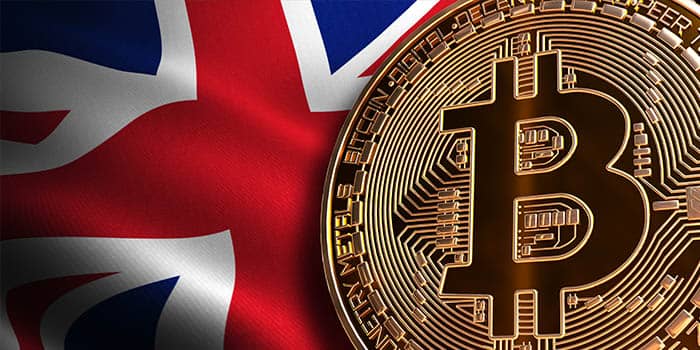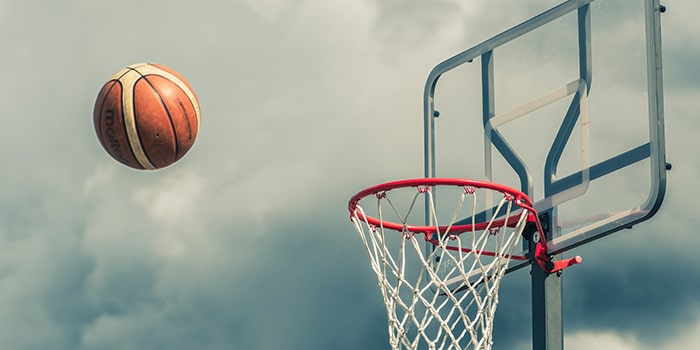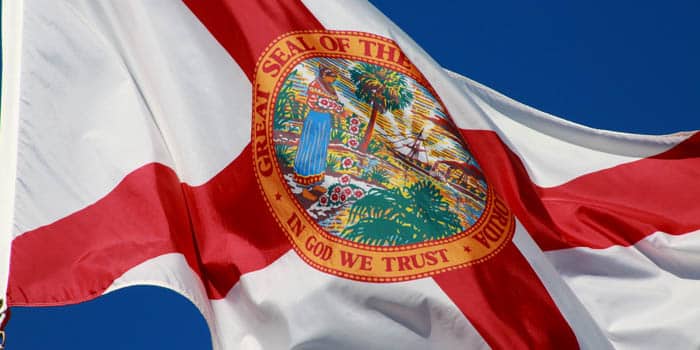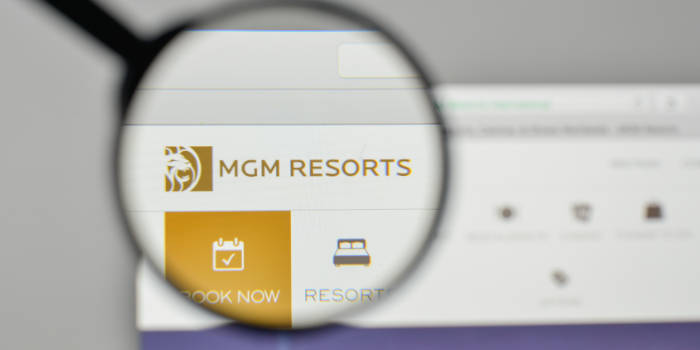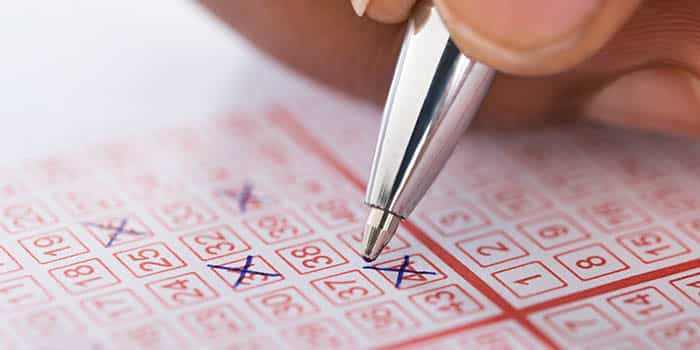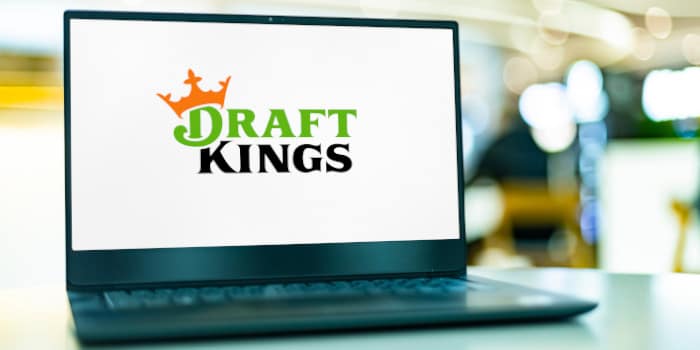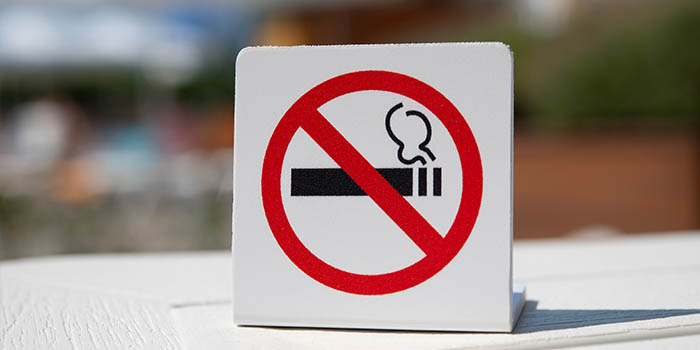Fact-checked by Angel Hristov
BBB Publishes North America Gaming Study, Says Consumers Are “Confused”
The BBB suggested that consumers should try to understand online gaming and their local laws before engaging with online operators

The Better Business Bureau (BBB) has published a new study on North America’s relationship with gambling. Among other things, it discovered that many consumers are confused due to the complex nature of regulated gaming and the influx of offshore operators.
Players Are Not Always Familiar with the Specifics
The BBB acknowledged the discrepancies among different states, with some permitting gambling, others rejecting it, and some allowing only certain forms of it. As disputes about gambling’s ethics and legality continue, the bureau took a look at the growing North American gaming industry.
Experts predict that US online gaming will reach $103 billion in 2025. Canada, on the other hand, should reach $15 billion due to its more recent adoption of online casinos. As the two countries’ industries grow, however, the risks of unlicensed gaming and scams remain ever-present. The BBB learned that for many consumers, differentiating between licensed companies, offshore operators and scams can be challenging.
Since 2022, the BBB has received approximately 200 tip-offs about gambling-related scams, as well as 10,000 business complaints regarding online gaming. The bureau’s study, therefore, sought to inform consumers and help them better understand the industry.
Gaming Continues to Grow and So Does the Black Market
While the majority of people are well aware that gambling is reserved only for adults (those over 21 in the US and 18 in Canada), many are not familiar with the two countries’ stringent rules on online gambling. Despite the sector’s growing popularity, 17 US states still ban all online gaming and only a few allow online casinos. Conversely, multiple states have introduced online sportsbooks, following the explosion of sports betting after the PASPA’s repeal.
Canada, meanwhile, legalized online gambling in 2021 and, just like the US, allowed provinces to independently regulate it.
The BBB also mentioned the stable popularity of lottery gaming, which is practiced in all but five states.
In any case, the BBB suggested that consumers should try to understand online gaming and their local laws before engaging with online operators. The organization echoed regulators’ warnings that offshore operators lack important customer protections and do not offer payout guarantees.
Despite that, offshore companies, such as Bovada, continue to flourish, the BBB pointed out. Its “quasi-legal” status in some states makes navigating the regulatory landscape even more difficult for some consumers.
The BBB cited a case in which a malfunction caused a woman to wager more than she wanted, scamming her out of $25,000. When she contacted customer support, she was immediately banned. Since the site she played with was not licensed, she had no legal recourse. In a separate case, a winning customer failed to cash out a check because it lacked a routing or account number.
The BBB emphasized that consumers who choose to bet without legal protection “have little chance of recovering lost funds.”
BBB Wants to Help Customers Avoid Scams
To make things easier for consumers, the BBB has compiled resources on legal gaming in the US and Canada.
Among other things, the bureau noted that sports betting is available in 33 states and all Canadian provinces. iGaming, on the other hand, remains more restricted, with only 7 states that allow it. As a result, the illegal iGaming market is still going strong. Social and sweepstakes platforms have also experienced rapid growth, despite the recent scrutiny against their products.
In any case, the BBB urged consumers to be vigilant as scams and cyberattacks become more common. In Canada, in particular, gaming remains an “incredibly vulnerable industry.” Payment providers are currently working hard to resolve such issues.
Players, meanwhile, can use tools such as the BBB Scam Tracker, Get Safe Online, or ScamAdviser to check the legitimacy of online gaming websites.
The full report is available on the BBB’s official website.
Although Fiona doesn't have a long-spanning background within the gambling industry, she is an incredibly skilled journalist who has built a strong interest in the constantly growing iGaming network. The team at Gambling News is glad to have her on our roster to help deliver the best stories as soon as they hit. Aside from writing, she loves to dabble in online casino games such as slots and roulette, both for her own enjoyment and also as research to better improve her understanding of the industry.

